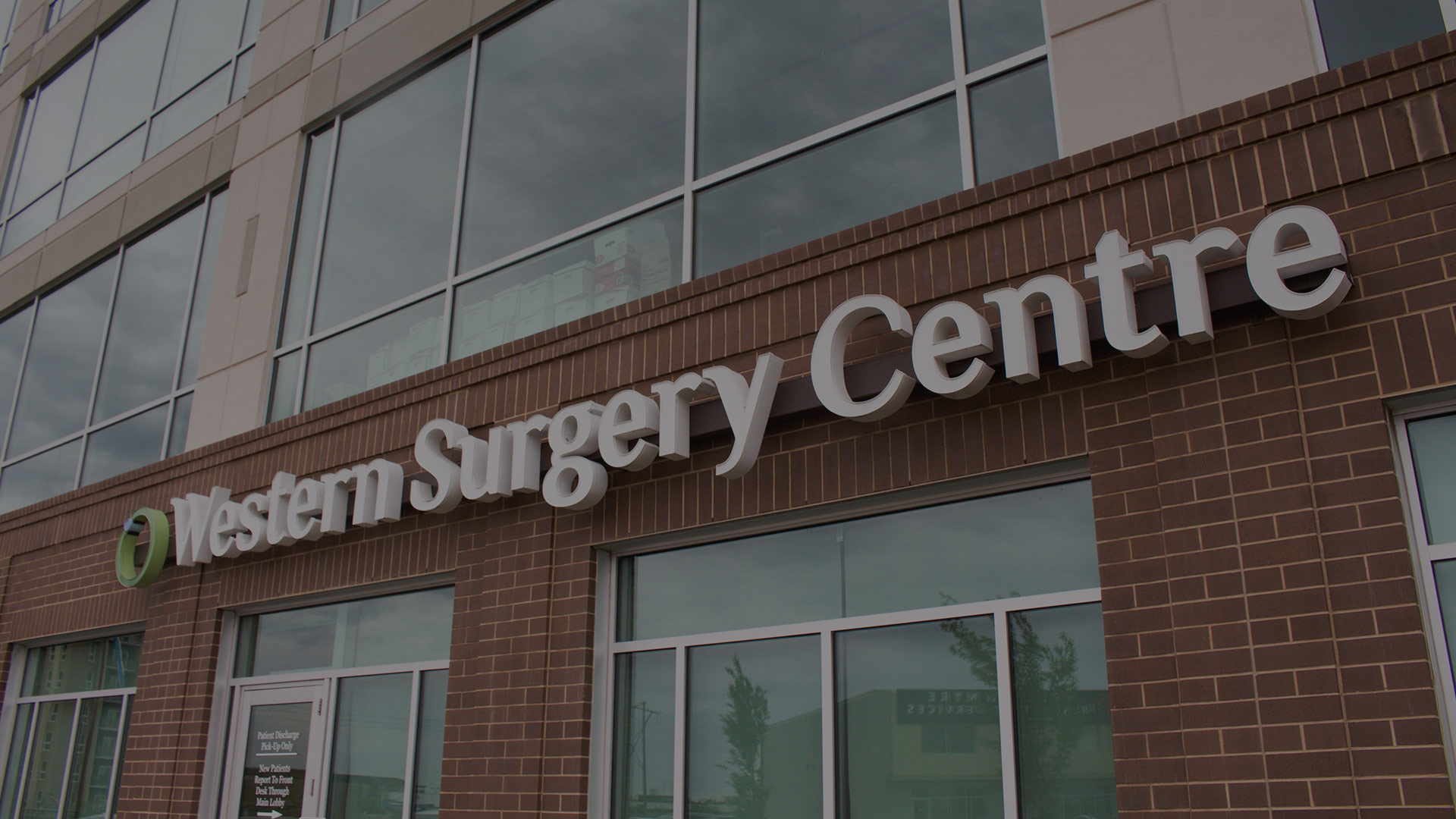08 Jul Obesity Linked to Increased Healthcare Costs after Plastic Surgery
Obese patients have more complications and make more hospital visitsleading to higher healthcare costs after common plastic surgery procedures, reports a study in the May issue of Plastic and Reconstructive Surgery®, the official medical journal of the American Society of Plastic Surgeons (ASPS).
According to a report authored by Michelle R. Sieffert, MD, MBA, of Wright State University in Dayton, Ohio, and colleagues, “overweight and obese patients remained 35 percent more likely to have an emergency department visit or hospital admission within 30 days of surgery.”
By using ambulatory surgery databases from four states, the researchers identified nearly 48,000 adult patients undergoing common cosmetic plastic surgery procedures: liposuction, abdominoplasty
Four percent of the patients were classified as obese based on their body mass index, and these patients had had higher rates of other types of “comorbid” medical conditions, including diabetes, high blood pressure, cardiovascular disease, and mental health problems. 7.3 percent of obese patients made an emergency room visit within 30 days after their surgery, compared to 3.9 percent of nonobese patients. After adjustment for comorbid conditions and other factors, relative risk was 35 percent higher for obese patients.
These increased risks led to higher hospital charges for obese patients, with average cost differences of about $3,900 after liposuction, $7,100 after abdominoplasty, and $7,400 after breast reduction.
The rate of hospital visits was highest for obese patients undergoing abdominoplasty who had three or more comorbid conditions.
The new report links obesity to an increased risk of emergency department visits and hospitalizations, leading to increased healthcare costs, in patients undergoing common types of cosmetic plastic surgery.
“Throughout the perioperative period, it is important to educate overweight and obese patients regarding their risk of complications, as well as the importance of medical optimization of their comorbid conditions,” Dr. Sieffert and coauthors write.
Patients with higher body weight should also be aware that they may incur higher costs of care. “Because most insurance companies will not cover complications associated with elective cosmetic procedures, these additional costs may fall on the patient,” Dr. Sieffert and colleagues write.


No Comments